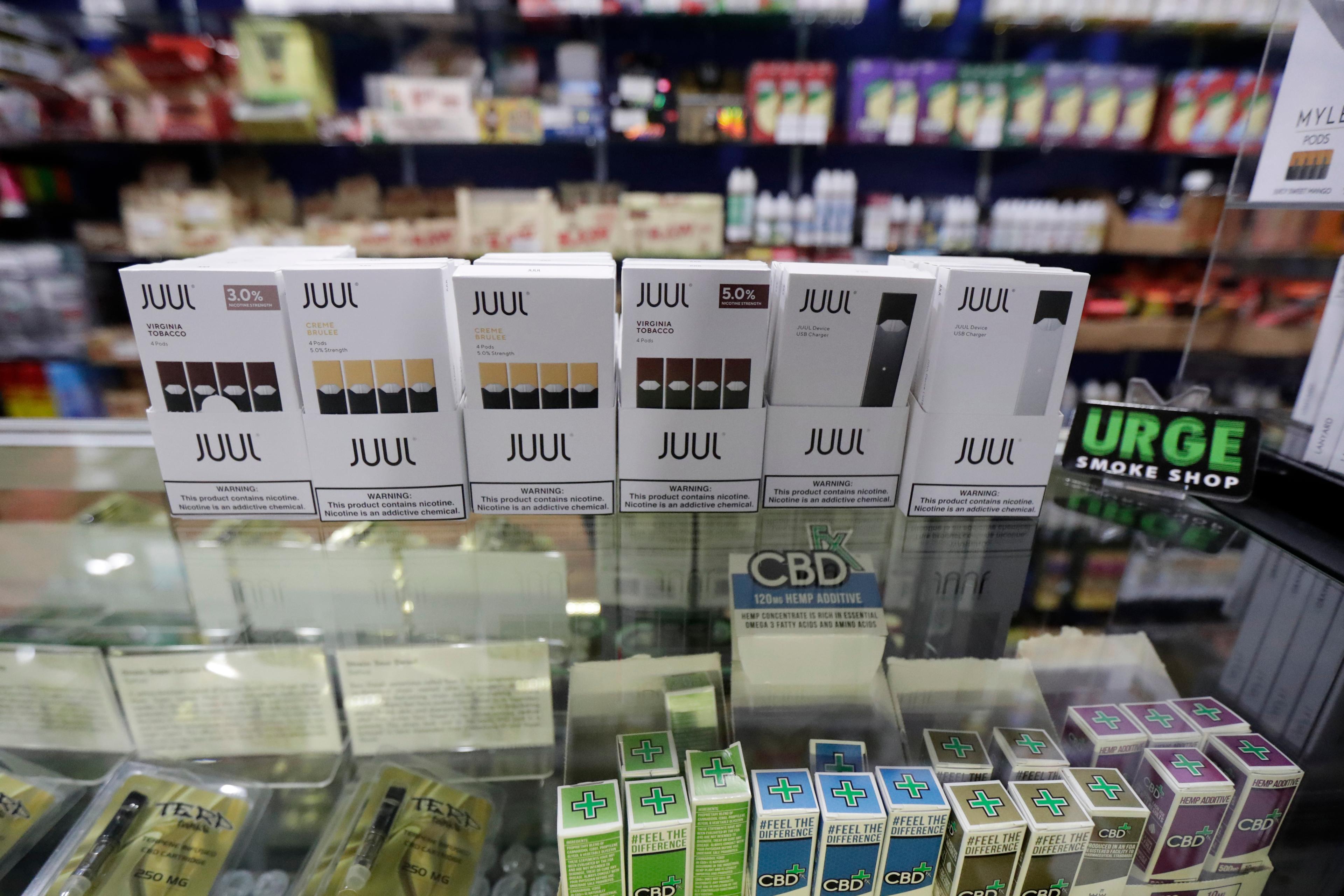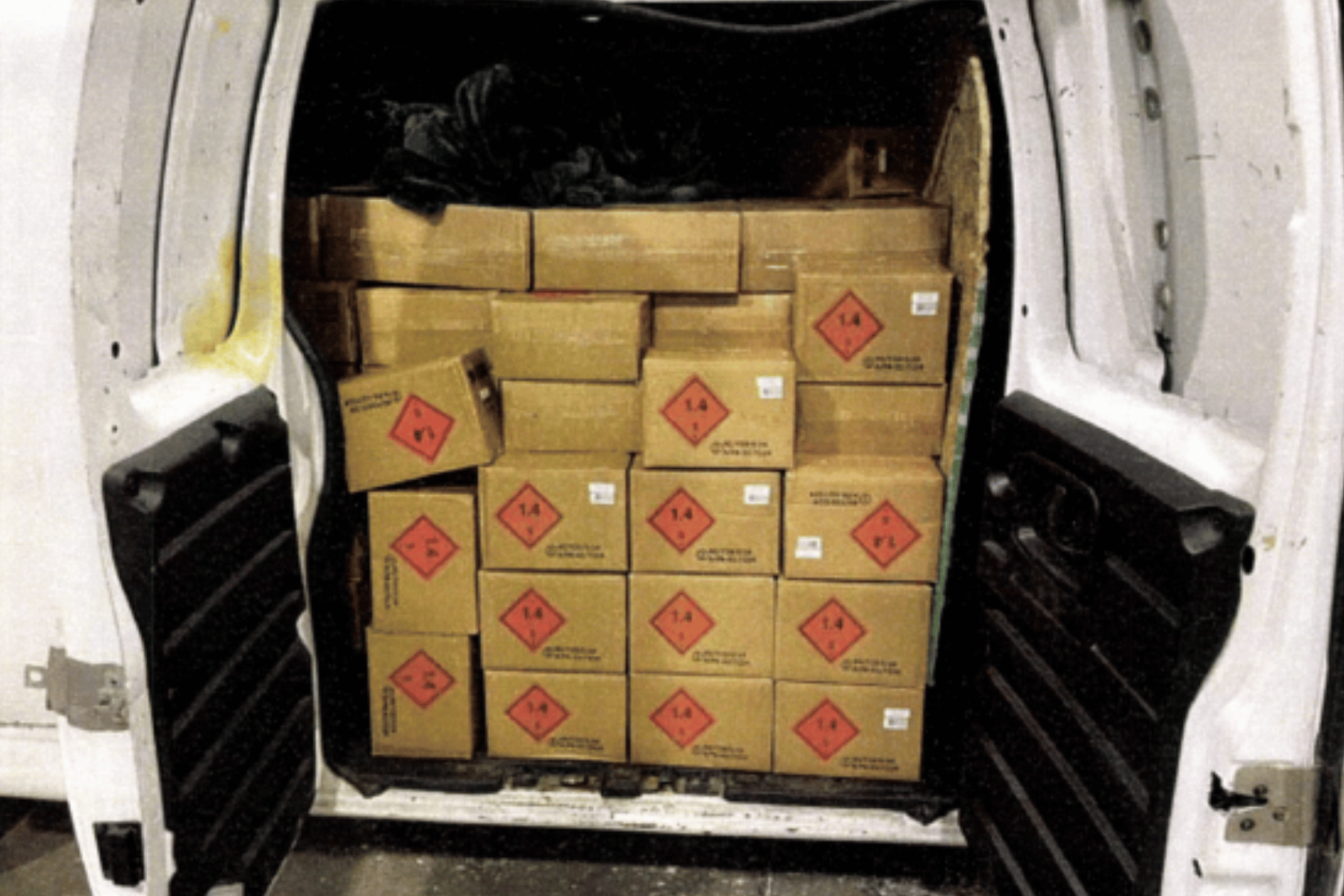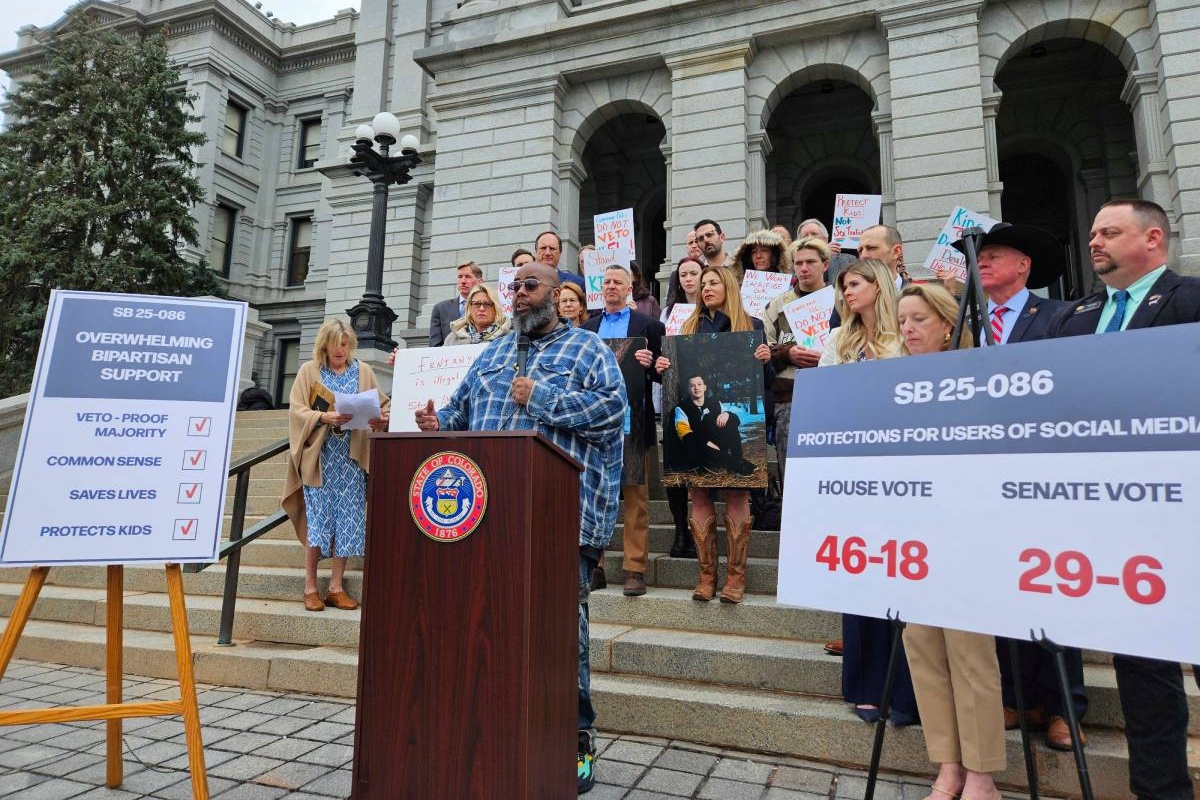
The 2023 general election will take place on Tuesday, Nov. 7. Check out CPR's voter guide here to get answers to your election questions.
Here’s the language you’ll see on the ballot:
Without raising taxes, may the state retain and spend revenues from taxes on cigarettes, tobacco, and other nicotine products and maintain tax rates on cigarettes, tobacco, and other nicotine products and use these revenues to invest twenty-three million six hundred fifty thousand dollars to enhance the voluntary Colorado preschool program and make it widely available for free instead of reducing these tax rates and refunding revenues to cigarette wholesalers, tobacco product distributors, nicotine products distributors, and other taxpayers, for exceeding an estimate included in the ballot information booklet for proposition EE?
How would it work?
Proposition II asks voters to let the state keep $23.65 million in tax revenue already collected from the sale of tobacco and vaping products and spend it on preschool programs — instead of refunding it to tobacco wholesalers and distributors.
The measure also has a long-term effect on the tax rates for these products. If voters say ‘yes’, the tax rates will stay at their current levels. If voters say ‘no,’ taxes on those products will drop 11.5 percent.
Why is the measure on the ballot?
In 2020, voters, by a two-thirds majority, approved Prop. EE, which raised the taxes on tobacco and created a new tax for vape products, with the money raised going to early childhood education. That allowed Colorado to launch its universal preschool program (known as UPK) earlier this year. Some of the revenue also pays for treatment and tobacco education programs. Currently, more than 38,000 4-year-olds and thousands of 3-year-olds are enrolled in between 10 and 30 hours of free preschool a week.
However, tax collections have been more robust than originally anticipated. Voters were originally told the tax would raise around $186 million a year, but higher-than-expected revenue from e-cigarettes and vaping products bumped total revenue to $208 million.
Colorado lawmakers put Prop. II on the ballot because the state constitution requires that if voters approve a new tax and more revenue is collected over what was projected, they have to vote again to decide what to do with the extra money.
Who’s for it?
The campaign backing the measure, Preschool for all Coloradans, lists dozens of child advocate and education nonprofits among its members, including Children’s Hospital Colorado, the American Lung Association, community leaders and numerous elected officials as supporters.
While the program’s rollout was rocky and prompted a lawsuit, thousands of families have enrolled and child care providers say they’d like to expand to more children in need. The state estimates the UPK program is saving families around $6,000 a year.
Proponents of the measure argue that the extra tax revenue will allow thousands more children access to additional hours in preschool, particularly students with disabilities, children living in poverty, in foster care or who are homeless.
Research shows high-quality preschool improves multiple outcomes throughout a child’s life, including higher wages and graduation rates and fewer criminal convictions. Proponents also argue higher tax rates help dissuade people from smoking and vaping tobacco products.
Who’s against it?
There is no organized opposition to Proposition II.
However, in the official state voter guide, opposition arguments include that the UPK program is already fully funded to the level voters approved in 2020 and so the extra tax money expands it beyond what voters originally supported. The guide also notes that raising taxes on tobacco and nicotine products financially harms people suffering from addiction and notes that the 12 percent of the population who are smokers are also disproportionately low-income, making tobacco taxes fundamentally regressive.
Under Proposition EE, taxes on a pack of cigarettes are scheduled to rise to $1.94 in January and will increase to $2.54 after July 2027.
Related coverage
- Lawsuit filed against Gov. Jared Polis and state education leaders over rollout of universal preschool program
- How the tobacco industry made it cool to smoke in Colorado’s communities of color
- For those who have fought big tobacco, lobbyist’s presence on Denver Health board is ‘a contradiction’
- In Pueblo, where 60% of high school students report vaping, efforts to curb youth tobacco use are getting creative









